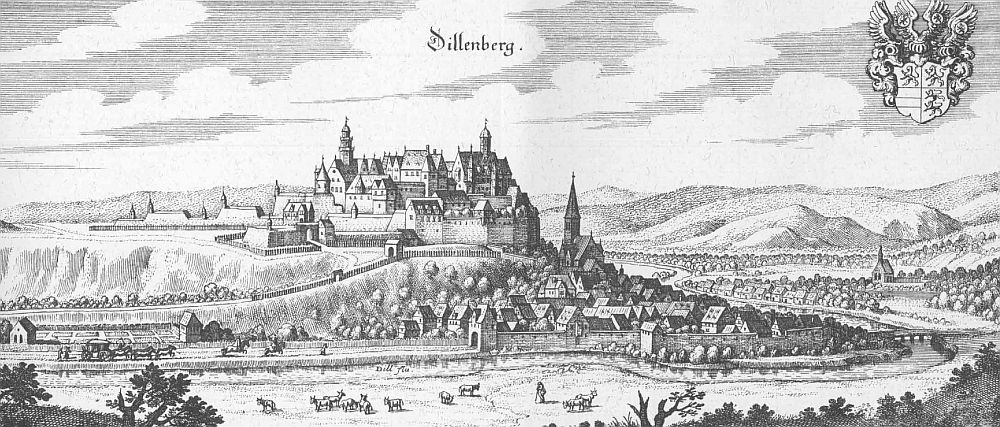Imperial Chamber Court
The Reichskammergericht (Imperial Chamber Court), the supreme court in the Holy Roman Empire was located in Wetzlar from 1689 until 1806. At the court diplomats from all german principalities were accredited. All of them with a larger or smaller entourage. This is the background why the bader Georg Hutsteiner obviously came to Wetzlar – likely with the saxonian diplomats – where he married a local girl in 1714.
Also his nephew Michael Hutsteiner came along with him a shortly later and probably he learned his profession (Bader = medical doctor) from his uncle. Latest in 1734 Michael moved to Dillenburg, not far away from Wetzlar, and became the founder of the large Hessian family tree.




